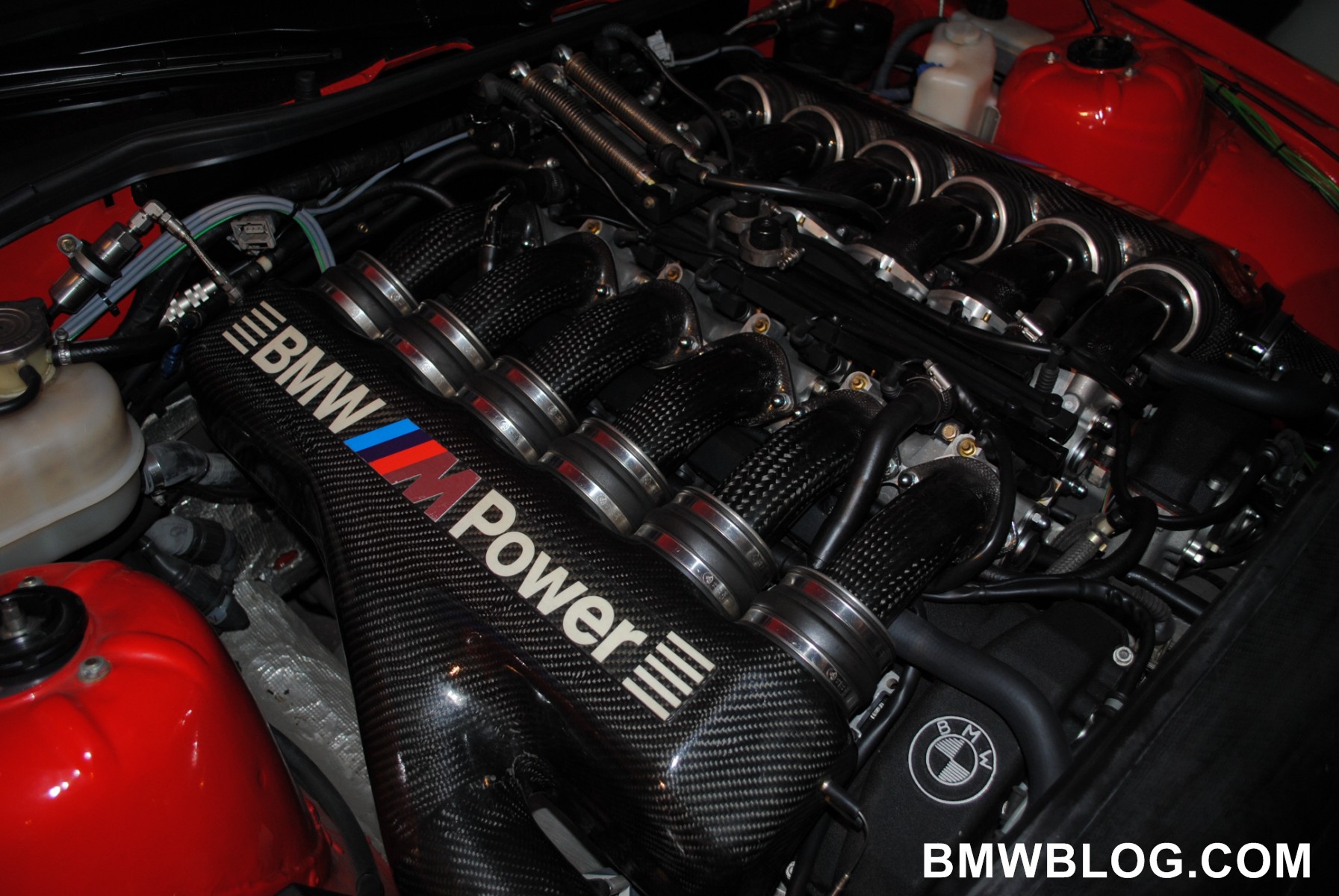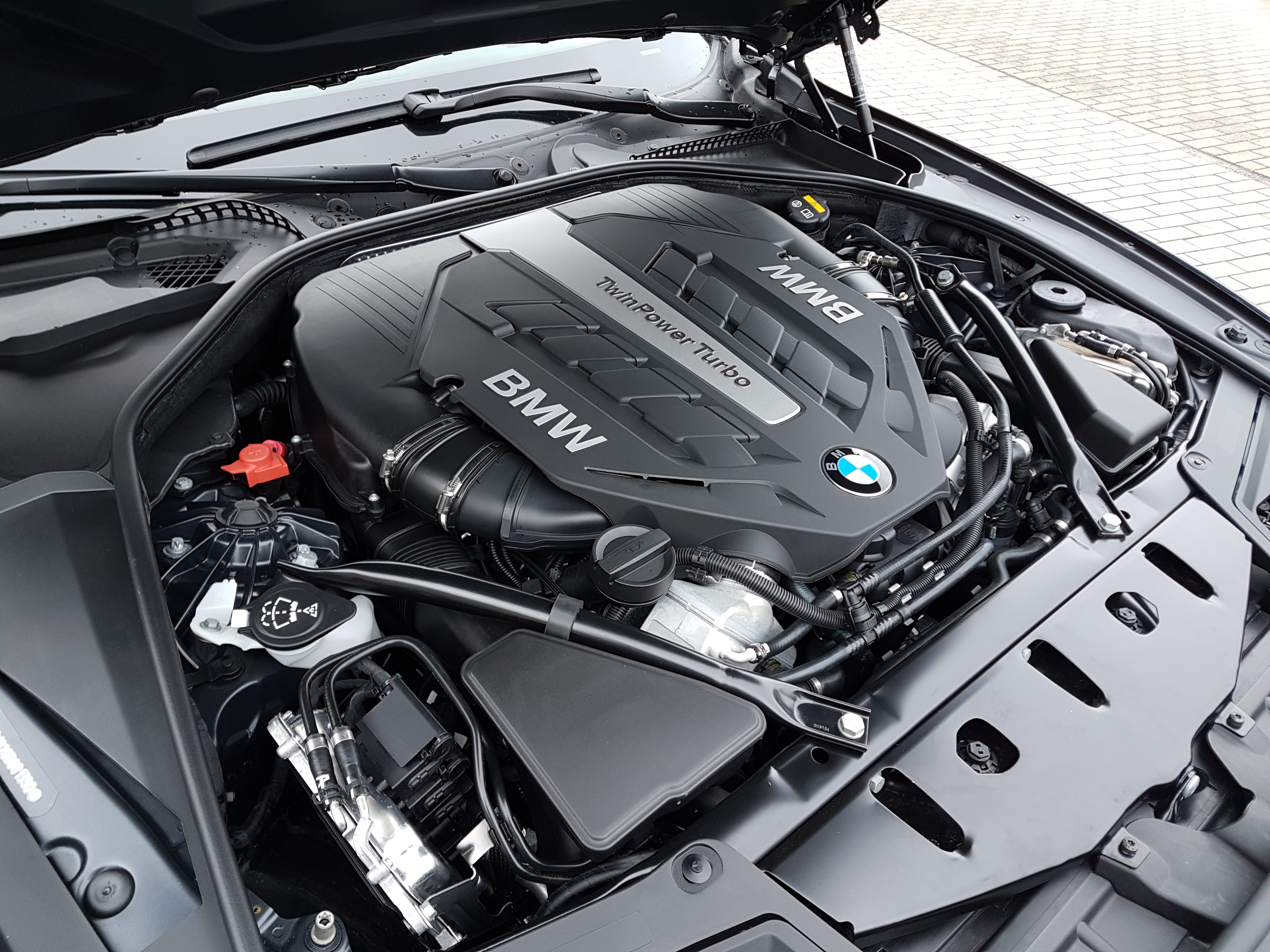Unveiling the Tricks Behind the Power of the BMW Engine
Unveiling the Tricks Behind the Power of the BMW Engine
Blog Article
Unveiling the Intricacies of Next-Generation Power Units: a Deep Study Advanced Engine Innovations and designs
As we stand on the precipice of a brand-new period in transportation, the details of next-generation engine designs beckon us to check out the innovative technologies and innovations that guarantee to redefine the driving experience. Diving deeper right into the realms of discharge control, smart engine administration systems, and the perspective of power unit development, we discover ourselves on the cusp of a transformation that guarantees to improve the landscape of mobility as we recognize it.
Advancement of Engine Materials

The shift in the direction of advanced engine products has actually additionally allowed engineers to create engines with greater power results while preserving gas efficiency requirements. For instance, the use of light-weight products decreases the general weight of the engine, causing boosted gas economic situation and lower emissions. Additionally, advancements in materials technology have permitted better thermal management within engines, causing raised dependability and longevity.
Turbocharging and Supercharging Technologies
How do Turbocharging and Supercharging Technologies change engine performance and effectiveness in contemporary cars? Turbo charging and turbocharging are innovations that considerably enhance engine performance by increasing the quantity of air intake right into the combustion chamber. Turbocharging achieves this by using a turbine driven by exhaust gases to pressurize the consumption air, while supercharging uses a belt- or chain-driven compressor to achieve the exact same effect.
These modern technologies allow smaller sized, much more fuel-efficient engines to produce power equal to larger ones, called downsizing. Forcibly even more air into the cylinders, turbocharging and turbo charging boost combustion effectiveness, resulting in increased horsepower and torque output without a substantial increase in engine dimension. This leads to better velocity, towing capability, and total driving performance.
Additionally, turbocharging and supercharging contribute to enhanced gas efficiency by enabling the usage of smaller engines that consume much less fuel under regular driving problems - bmw engine. This mix of boosted efficiency and efficiency has made turbocharging and turbo charging important elements of several modern engine designs
Discharge Control and Environmental Effect
With increasing worldwide concerns pertaining to air quality and environmental sustainability, the implementation of exhaust control modern technologies in automobiles plays a critical role in minimizing dangerous toxins released right into the ambience. Modern lorries are outfitted with innovative exhaust control systems that aid minimize the ecological influence of auto operations. Catalytic converters, as an example, are created to transform harmful like it gases such as carbon monoxide gas, nitrogen oxides, and hydrocarbons right into much less unsafe materials like carbon dioxide and water vapor.
Moreover, improvements in engine technology, such as the combination of exhaust gas recirculation systems and careful catalytic reduction, have significantly added to decreasing exhausts. These modern technologies operate in tandem to maximize burning effectiveness and minimize the launch of damaging pollutants into the air. Additionally, the growth of crossbreed and electrical cars stands for a critical action towards reducing the total environmental impact of the transport industry.
Intelligent Engine Monitoring Solution

Furthermore, these systems make it possible for vehicles to fulfill rigid discharges requirements without jeopardizing performance, offering a much more environmentally friendly driving experience. The assimilation of expert system and artificial intelligence abilities in engine see here now monitoring systems remains to press the boundaries of what is possible, bring about more enhancements in efficiency, dependability, and total car performance. bmw engine. As automobile innovation advances, smart engine monitoring systems will certainly play a critical role fit the future of transport towards an extra lasting and effective instructions
Future Trends in Power Device Growth
As intelligent engine management systems pave the means for enhanced control and optimization in contemporary vehicles, future fads in power device development are poised to redefine the landscape of vehicle propulsion modern technologies. These alternate power resources supply boosted performance and performance while aligning with rigorous ecological guidelines.
Another considerable pattern is the integration of advanced materials and producing techniques. Light-weight materials such as carbon fiber and light weight aluminum are being used to decrease total vehicle weight, boosting fuel efficiency and efficiency. Additionally, innovations in 3D printing and additive production are allowing the production of intricate engine components with higher precision and durability.
In addition, synthetic knowledge and device knowing are playing an essential role in enhancing power device efficiency. These technologies permit real-time monitoring and flexible control, resulting in much more dependable and effective power distribution. Generally, future fads in power system growth are tailored towards efficiency, efficiency, and sustainability, driving the auto industry in the direction of a new age of propulsion innovations.

Final Thought
In conclusion, the improvements in engine products, turbocharging, exhaust control, and intelligent administration systems have actually led the means for next-generation power units. The intricate styles and advancements in modern-day engines display the recurring development of vehicle modern technology.
Exploring the modern improvements in engine products has actually been pivotal in enhancing the performance and effectiveness of contemporary engines. Over the years, the advancement of engine materials has More hints played a crucial function in pushing the boundaries of what engines can achieve.The shift towards progressed engine materials has likewise made it possible for designers to develop engines with greater power outputs while maintaining gas performance standards.The execution of smart engine monitoring systems in contemporary automobiles has actually reinvented the method engines are controlled and optimized for efficiency and performance. By gathering data in real-time and evaluating it with sophisticated formulas, smart engine administration systems can adapt to driving designs, environmental elements, and engine health to make best use of power result while reducing fuel intake and exhausts.
Report this page